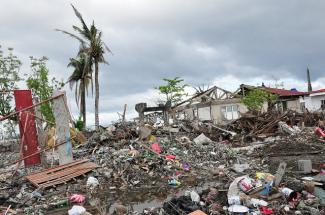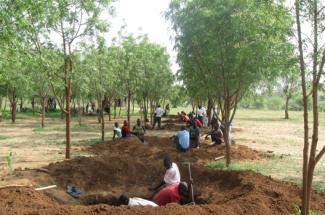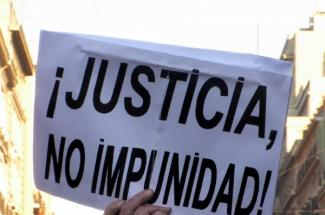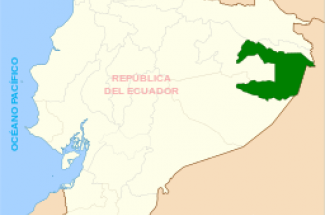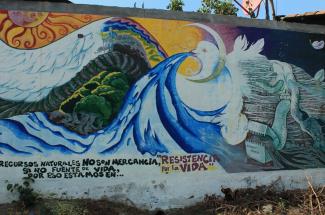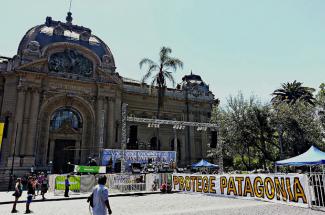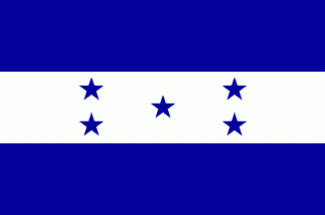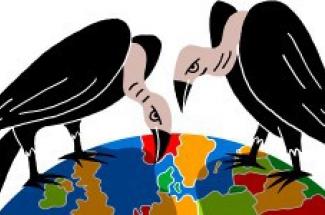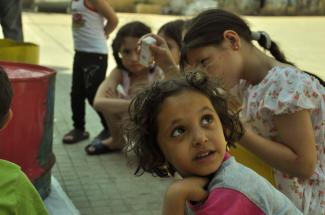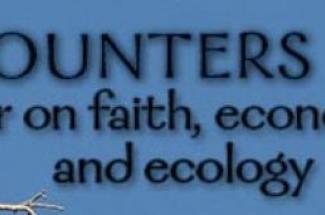Philippines: Building resilient communities
The following article, written by Maryknoll Sr. Marvie Misolas, was published in the July-August 2014 NewsNotes.
U.S.-Africa Leaders' Summit
The following article was published in the July-August 2014 NewsNotes.
Sudan: War in the north continues
The following article includes an update from Fr. Tom Tiscornia, a Maryknoll missioner who serves in Sudan.
Guatemala: Resurgence of impunity
The following article was written by Eben Levey, who has served as an intern with the Maryknoll Office for Global Concerns since September 2013.
Ecuador: Forest-saving proposal scrapped
Ecuadorian president Rafael Correa recently placed the final nail in the coffin of his 2007 Yasuni-ITT proposal to preserve a pristine nature and indigenous reserve. In early June he declared that the proposal had failed and he would open the area to oil extraction by Petroamazonas, a subsidiary of Ecuador’s national petroleum company Petroecuador.
El Salvador: Struggles continue around mining
The following article was prepared by Maryknoll lay missioner Joe Hastings, who lives and serves in El Salvador. It was published in the July-August 2014 NewsNotes.
Chile: Government rejects mega-dam project
The following article was prepared by Richard Coaxum, an intern with the Maryknoll Office for Global Concerns’ Faith Economy Ecology project. It was published in the July-August 2014 NewsNotes.
Honduras: Five years post-coup
The following piece was published in the July-August 2014 NewsNotes.
Argentina loses appeal against vulture funds
The U.S. Supreme Court’s decision not to hear the Argentine government’s appeal in its case against hedge funds leaves that country in a very difficult situation, much like when the country defaulted on $81 billion of debt in 2001.
Pax Christi International Peace Award 2014 goes to Jesuit Refugee Service Syria
The following is a press release announcing that Jesuit Refugee Service Syria has received Pax Christi International's 2014 Peace Award.
Encounters: A watershed moment
The Maryknoll Office for Global Concerns is pleased to announce the launch of Encounters, an email newsletter focused on challenges posed by the current economic growth paradigm and on the hopeful ways communities are responding to protect human dignity and God’s beautiful Creation.
Why no time for Palestine?
The following article by Gabe Huck was published in the July 2014 issue of Celebration, a worship resource published by National Catholic Reporter.

